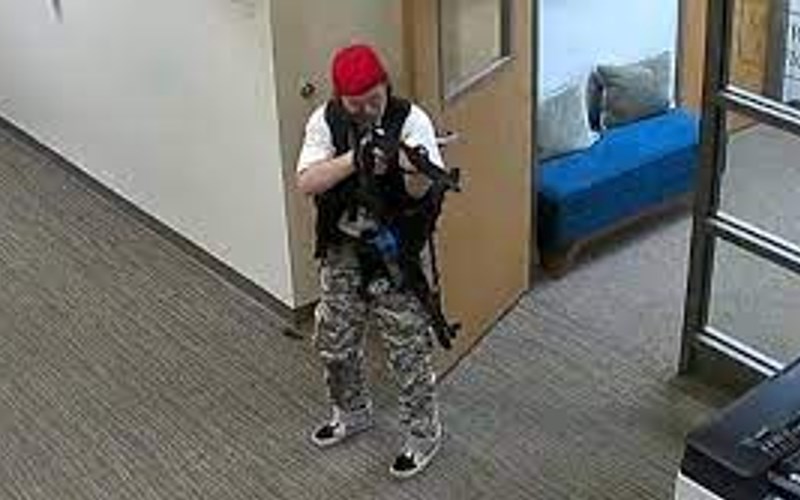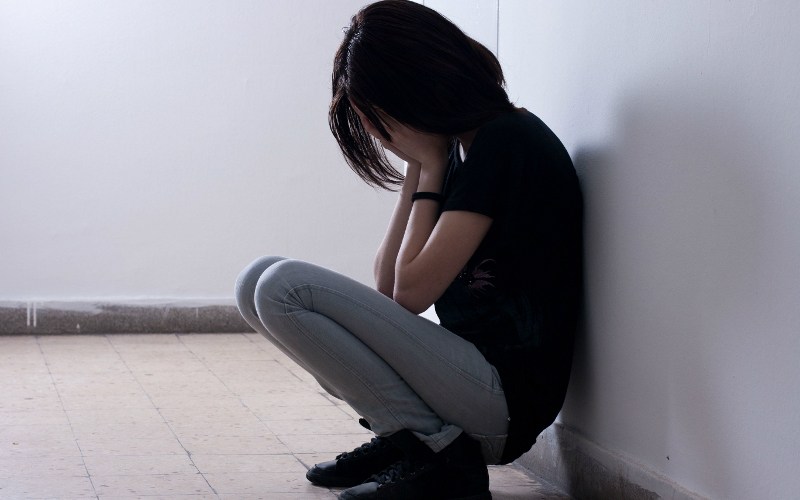The FBI is reportedly holding on to the manifesto written by transgender shooter Audrey Hale, a 28-year-old female. She killed six people at the private Christian school March 27 before quick-reacting Nashville police officers located and killed her.
In an April story, The New York Post said a Tennessee state lawmaker and a Nashville city council member separately told the Post the FBI was holding up public release of the manifesto due to detailed content that is a “blueprint” for another shooting.
In a follow-up story, published last week, the Post said the Metro Nashville Police Department is citing lawsuits demanding its public release as a reason for not releasing it. The lawsuits were filed by the National Police Association and the Tennessee Firearms Association.
Randy Sutton of The Wounded Blue, a retired police lieutenant, says the concern from law enforcement appears to be fear of “copycat killings” inspired from Hale’s warped writings.
 “From my sources, I understand that there's very, very disturbing information in this manifesto – very disturbing information,” he advises. “And they think that it would cause problems.”
“From my sources, I understand that there's very, very disturbing information in this manifesto – very disturbing information,” he advises. “And they think that it would cause problems.”
Controversy over releasing the manifesto is complicated by unsettling controversy over the shooting itself. Hale, who identified as a male, has been described as the victim by sympathetic transgender activists and by some media outlets. At the same time, Hale’s own parents and the school were audaciously blamed for triggering the rampage by those activists and by the media.
The public also witnessed left-wing activists quickly pivot to blaming Tennessee’s gun laws for the massacre. After the shooting, an organized mob descended on the State Capitol, where state legislators who refused to quickly write and pass restrictive gun laws were told by protesters they have “blood on their hands” for ignoring their demands.
Meanwhile, the manifesto – and its disturbing contents – are being kept away from the public and so far its contents have not been leaked.
Sutton tells AFN it is possible there is hesitancy to release the manifesto because of the political and cultural fight over the shooter and the Christian school.

“I wouldn't doubt that that plays a role in this,” he observes. “It also may be that they are fearful that this would act as a call to arms for more violence from that community.”
In the end, Sutton says the First Amendment should hold sway.
“This shouldn't be secret,” he summarizes. “This is a document that was found as part of a mass shooting, and the public has a right to have access to it.”







